It’s tempting to cut corners when you’re cooking, but – when it comes to kitchen safety and sanitation – lax habits impact your (and your family’s) health. If you’re guilty of any of the following bad habits, it may be time to break them in favour of better kitchen safety rules – your stomach will thank you.
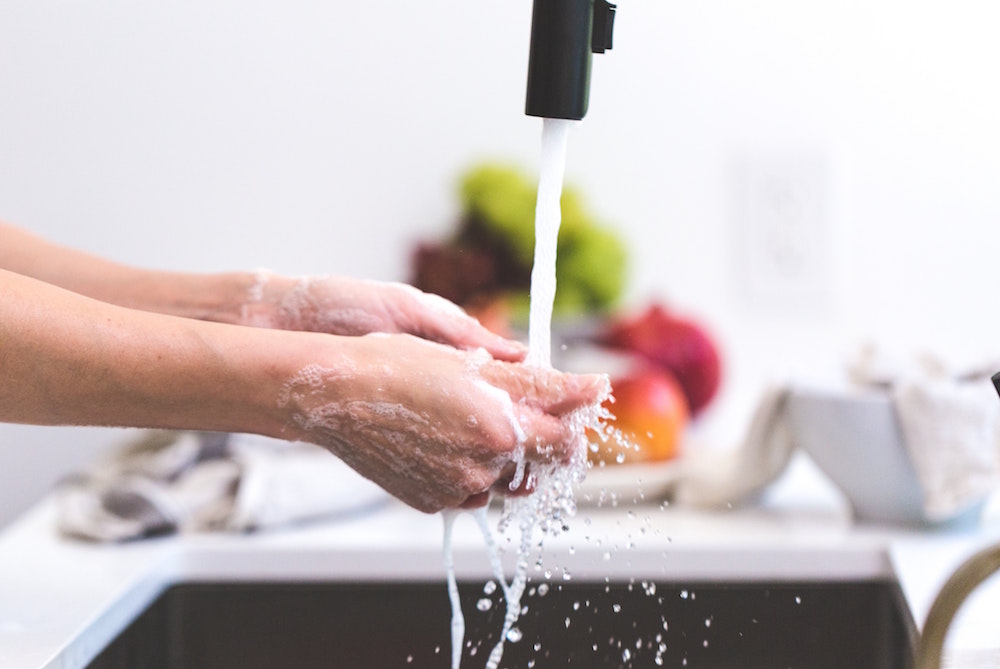
Washing Your Hands in a Flash
When it comes to hand washing in the kitchen, a quick rinse doesn’t cut it – but it’s one of the most common bad kitchen habits for many people. At minimum, it’s a good idea to wash your hands with warm water and soap for at least 20 seconds before and after you handle any raw food, serve food, touch utensils or dishes or sneeze, cough or touch your face.
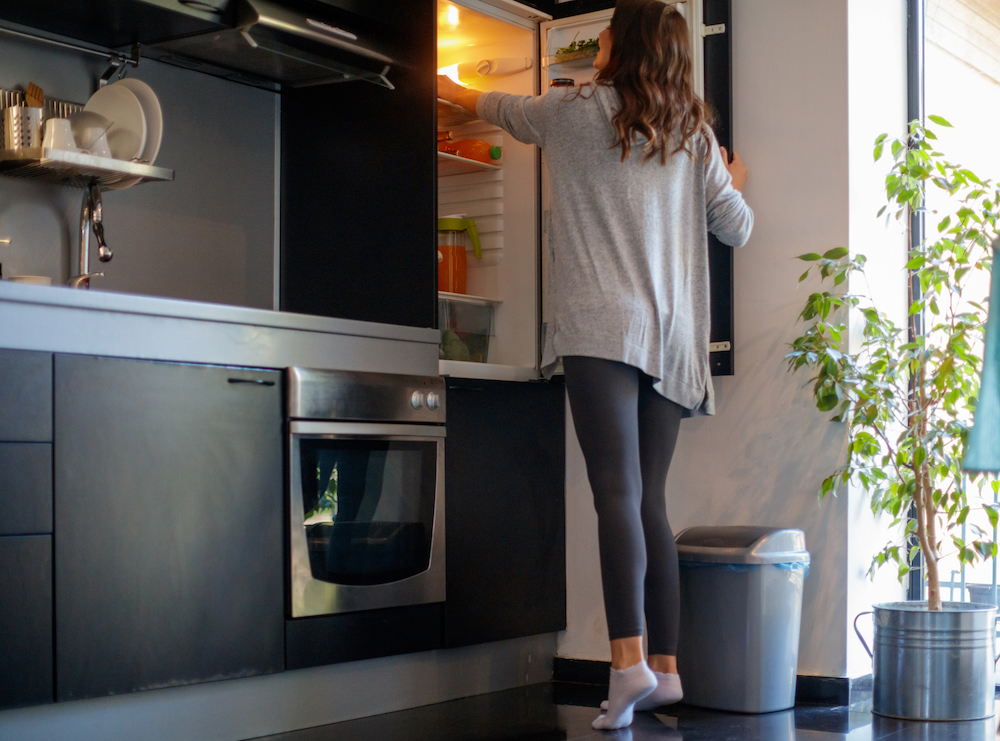
A Frenzied Fridge
When you get home from the grocery store, it can be tempting to just shove food in the fridge wherever it fits – but that habit could be putting you at risk for food poisoning.
Keeping your fridge organized is more than just for aesthetic purposes – by storing raw meat, poultry and fish at the bottom, you’ll avoid dripping dangerous juices onto your produce. While you’re at the fridge, check the temperature – it’s important that it be cold enough for food safety.
Related: 7 Extraordinary Refrigerators That Are Works of Art

Clean Sink, Clean Life
Washing the place where you wash your dishes may seem like a basic kitchen habit, but it’s a common one to overlook. However, because the sink collects food particles and other grimy bits from your dishes, it can also be a common place to spread contamination and disease. If you don’t regularly clean, sanitize and rinse your sink, any dish washing or food prep you take on will start from a dirty place.
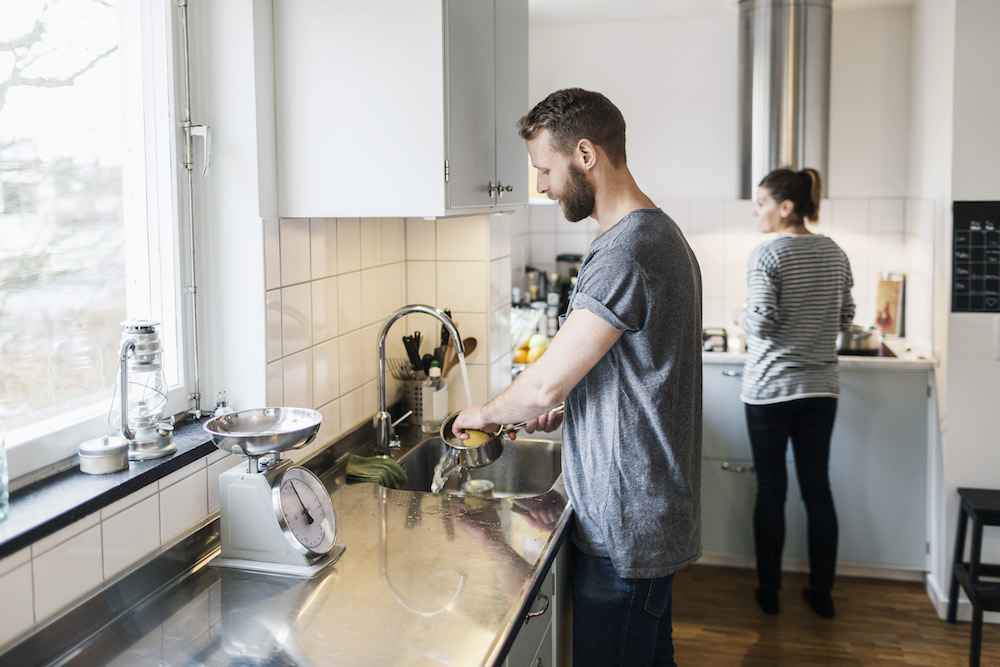
Sponging Off
Washing dishes promptly is key to kitchen safety and sanitation, but are you washing them with the right tools? While kitchen sponges are common, they never really fully dry – which makes them prone to bacteria. Use a silicone brush or a dishwasher for more sanitary results.
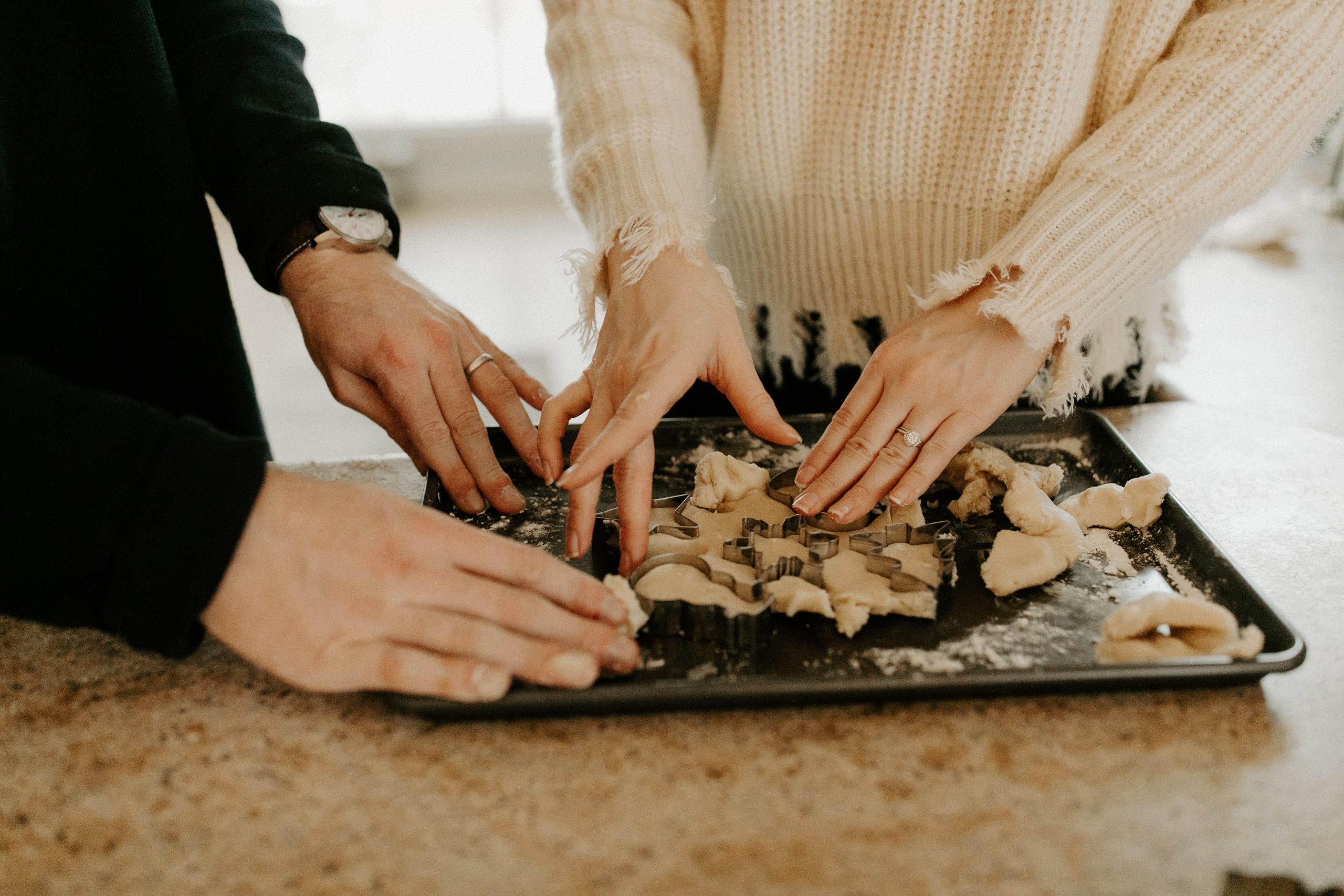
Batter Up
For many people, having a bite of cookie dough or lick of cake batter evokes treasured childhood memories, but consuming uncooked dough is a habit that needs to be dropped immediately – if you want to stay healthy. Raw eggs can contain salmonella and raw flour can contain E. coli bacteria – which means eating even a bite of raw dough or batter is a recipe for serious food poisoning.
Related: How to Clean Your Kitchen Using All-Natural Solutions to Save You Time and Money
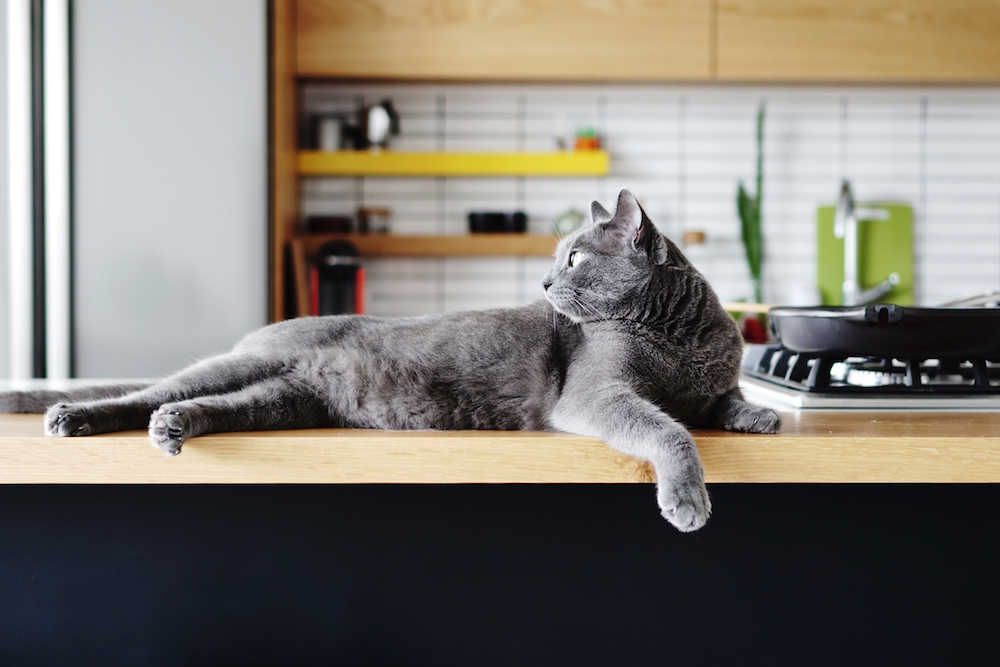
Kitty in the Kitchen
Pets are wonderful for our health in many ways, bringing joy, companionship and reduced stress levels – but they are a hindrance to your health when it comes to the kitchen. Allowing your cat on the counter, table or near your food preparation is asking for germs, bacteria, fur and anything random particles picked up on their paws to season your food.
Related: 20 Plants That Are Safe for Children, Cats and Dogs
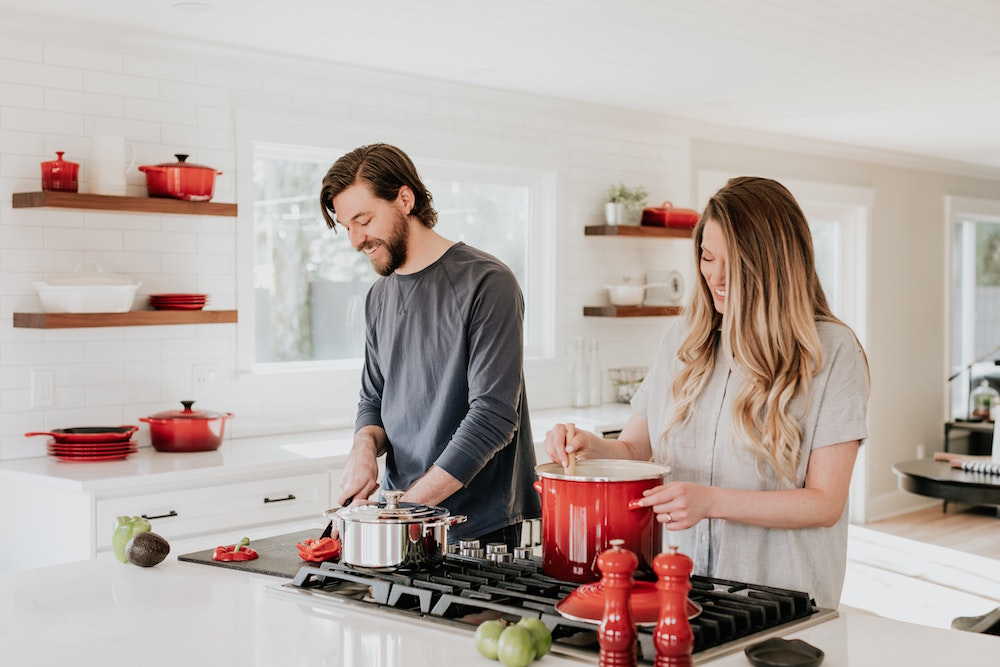
Double Dipping
One of the keys to being a great home cook is tasting as you go – but it’s important to remember kitchen safety rules when you take a taste of that simmering sauce. Never put your cooking utensil in your mouth and grab a new spoon with every taste so you don’t accidentally add your germs to the pot.
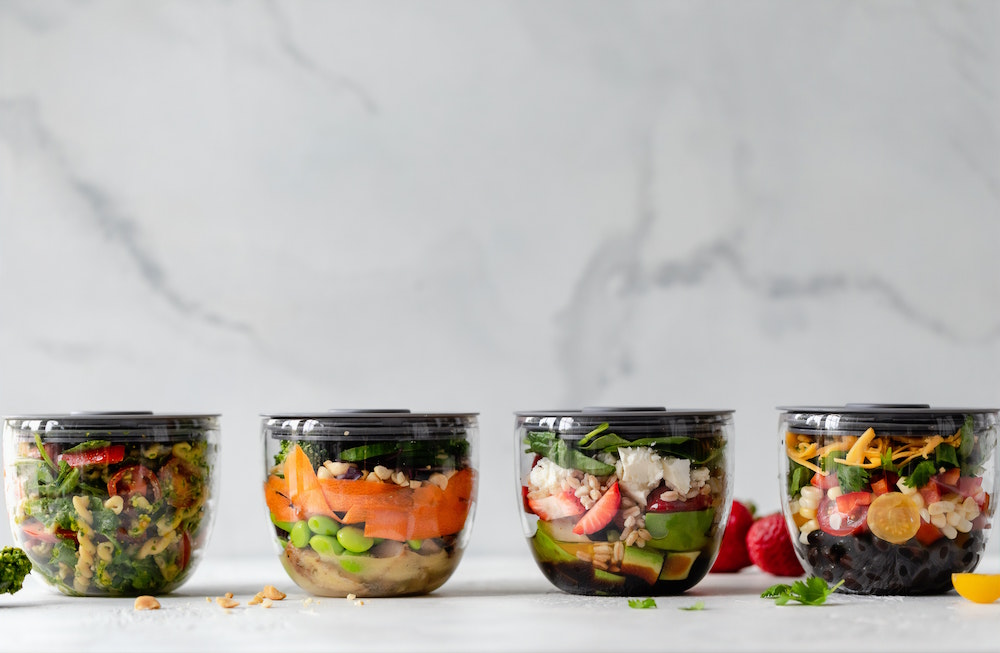
Leaving the Leftovers Out
Saving your leftovers for later is a great habit that can save you time, money and waste in the kitchen – but being lazy about putting leftovers away in a timely manner can turn a good practice into a dangerous one in a flash. Put leftovers in the fridge as soon as they’re cool and use the two-hour rule as a measure – after two hours, any perishables that have been left at room temperature are no longer safe to eat and should be disposed of.
Related: 3 Items to Toss This Second From Every Room in Your Home
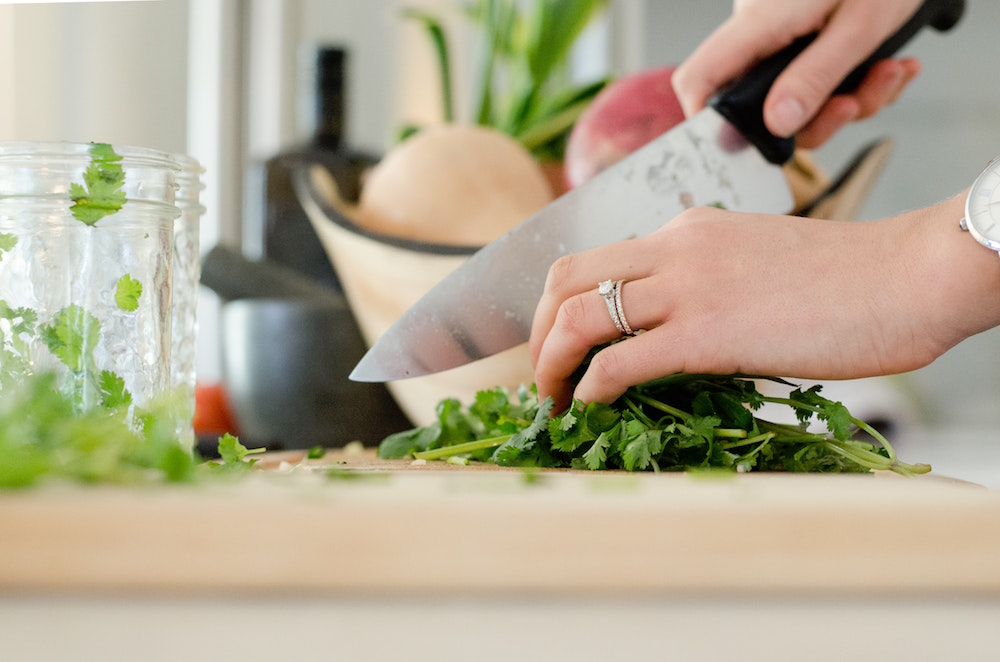
Chop, Chop, Contamination
Safe chopping is about more than just your knife skills – it’s also important to have good cutting board habits in the kitchen. For one, it’s critical that you use separate cutting boards for meat and veggies to avoid contamination. Keep all your cutting boards clean and sanitized before and after each use. It’s also important to regularly check cutting boards for nicks and scratches that can be hotbeds for germs and bacteria. A hint? If you notice a groove in a wooden cutting board, you can always sand it down to ensure a smooth, sanitary cutting surface.
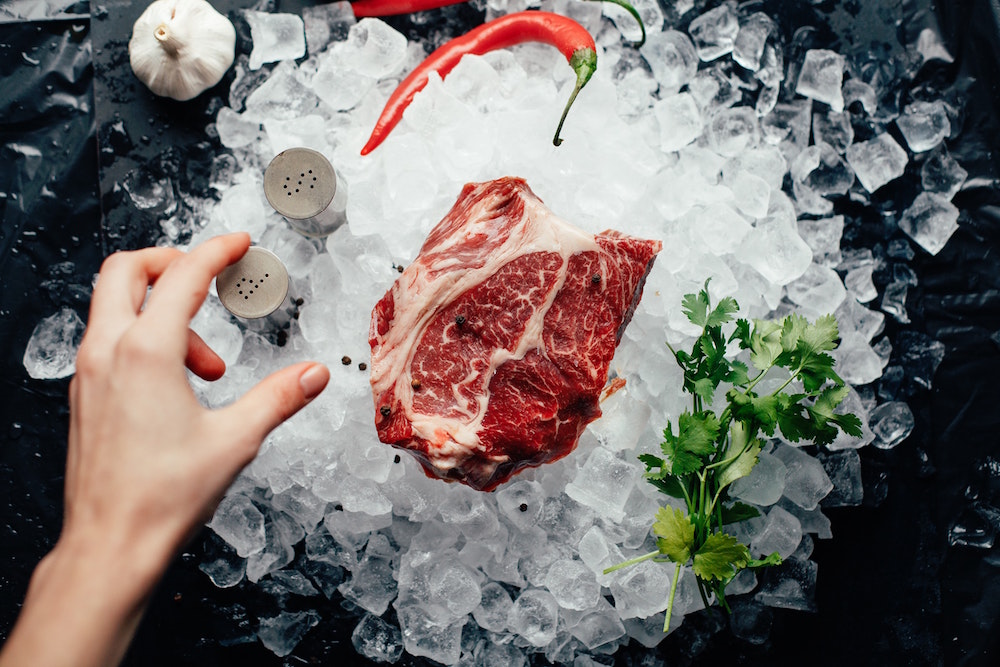
Defrosting Al Fresco
Defrosting meat is a waiting game, but are you playing correctly? While it’s tempting (and faster) to pull frozen meat out and let it thaw on the counter, allowing raw foods to sit out at room temperature can expose it to germs and bacteria. Instead, thaw frozen foods in the fridge or with cold water.
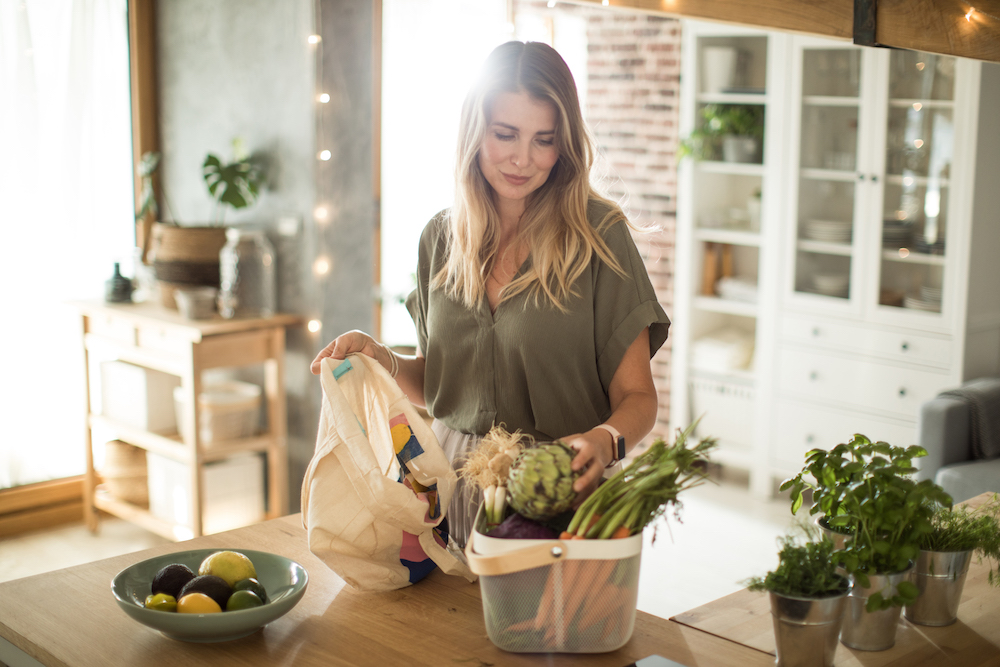
Dirty Bags
Paper or plastic is no longer a thing, with more and more grocery stores opting not to give out disposable bags with every purchase. However, while opting for reusable fabric shopping bags is a good environmental habit, you have to remember to wash your bags regularly. Throw fabric bags in the wash and regularly wipe down and disinfect non-washable bags.
Related: 10 Ways You’re Destroying the Planet From the Comfort of Your Own Home
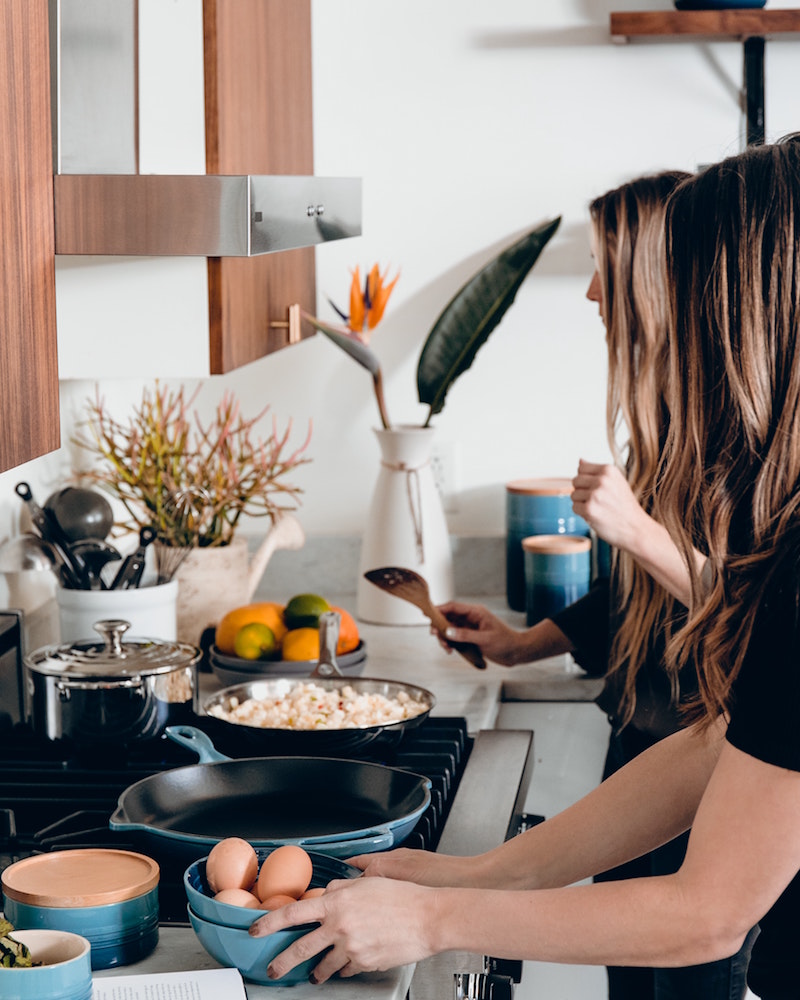
Not Picking the Right Pan
Are you using the right tools for your task? If you’re using a non-stick or Teflon pan, it’s important to use wooden utensils to stir – metal tools can chip or flake a Teflon surface, leading to toxic compounds getting in to your food.
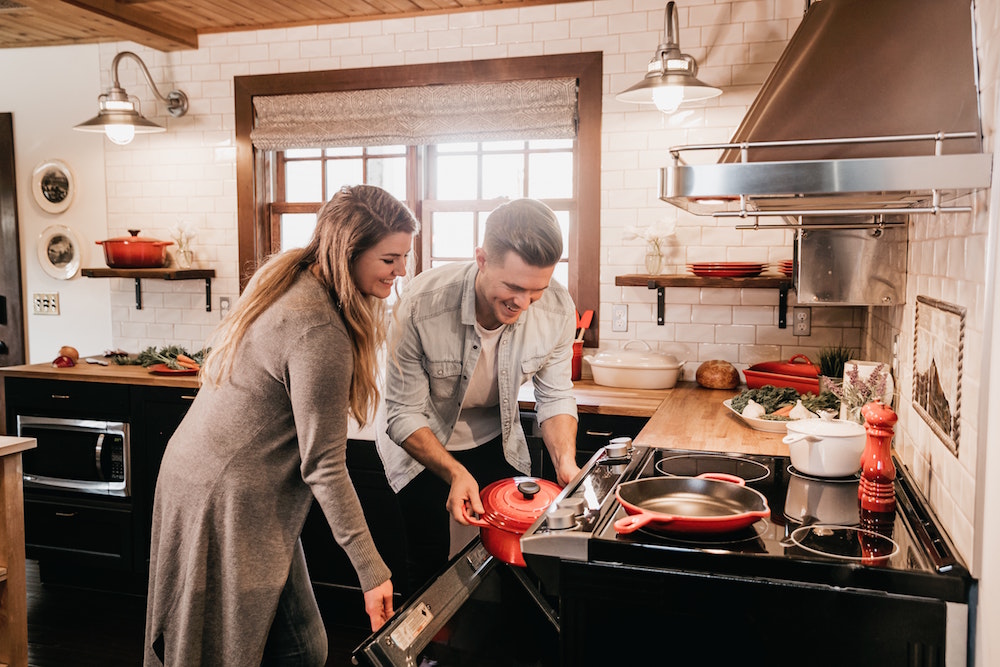
No Burn Notice
Using a dishrag or nearby cloth to grab a hot pan out of the oven might seem like no big deal, but a casual attitude to handling hot items in the kitchen puts you at risk for immediate issues. Skip the random cloths (which can slip or might not be thick enough to protect your hands) and keep oven mitts or pot holders on hand every time you open the hot oven.
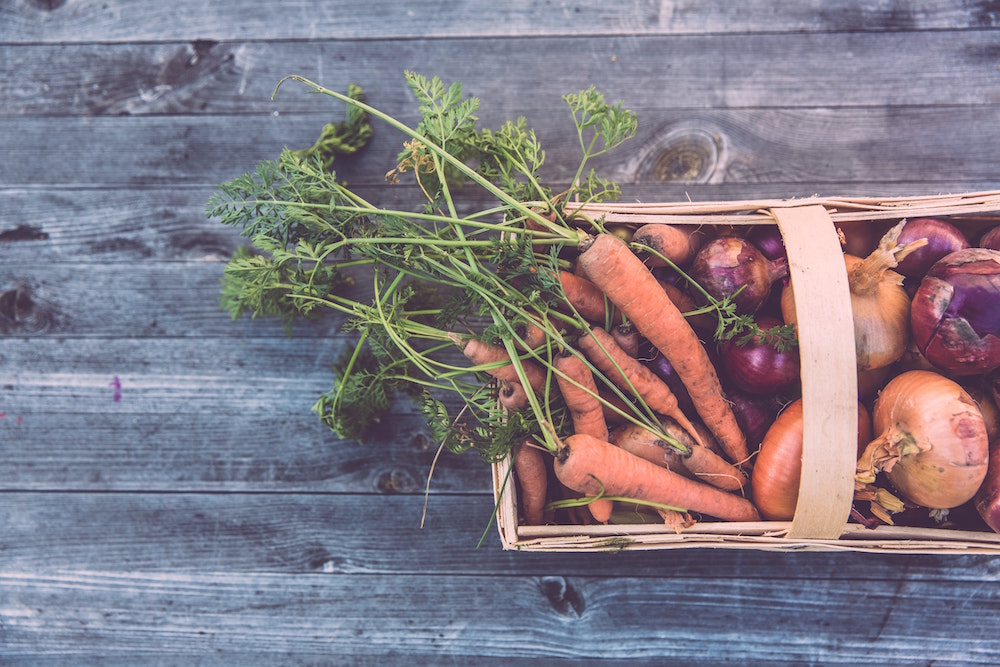
Not Washing Your Veggies
You get health points for eating your veggies, but are you washing them first? Even if you don’t see dirt on the surface, washing fruits and vegetables helps to remove invisible bacteria like E. coli from your produce.
Related: 15 Simple Things to Make You Cozier and Happier in Your Kitchen

Forget the Five-Second Rule
It’s sad, but true – there’s no truth to the five-second rule, no matter how delicious a morsel of food accidentally slips through your fingers. If you drop a bite on the floor, it’s contaminated. Be kitchen safe and throw any floor food away.
Related: Can You Guess the Top Kitchen Gadget in Each Country Around the World?
HGTV your inbox.
By clicking "SIGN UP” you agree to receive emails from HGTV and accept Corus' Terms of Use and Corus' Privacy Policy.




